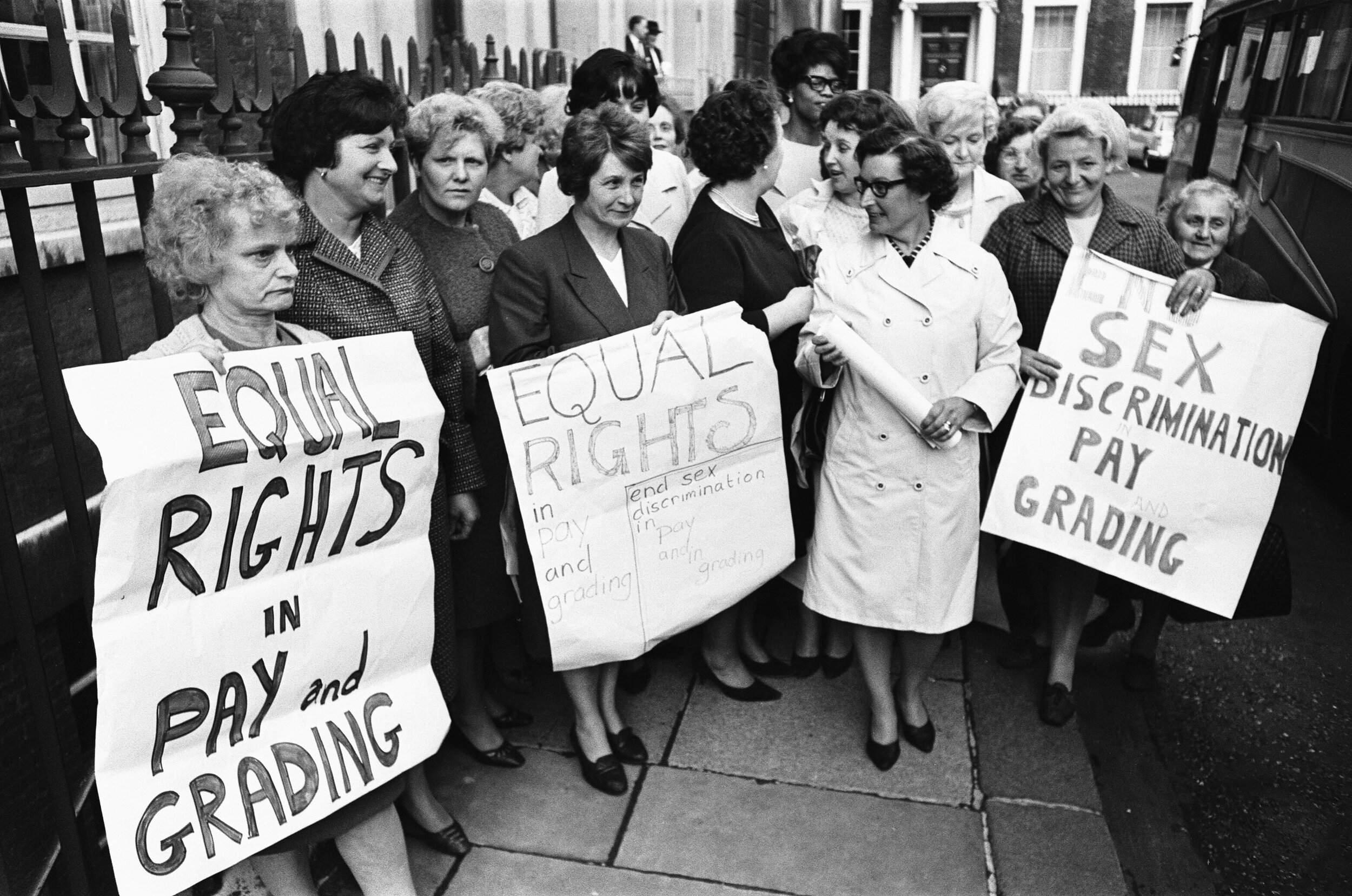The Equal Pay Act 1970: 50 years on
The 29th May 2020 marks 50 years since the Equal Pay Act, the UK’s first legislation to assert that women and men have the right to equal pay for equal work. It was a direct result of pressure building after the women of Ford Dagenham factories went on strike in 1968. Although frustratingly we have still do not have pay parity between women and men today, we mark this milestone and celebrate the women who campaigned for its introduction.
Ford Dagenham sewing machinists, 1968 (c) Trinity Mirror / Mirrorpix / Alamy
Find out more
Find out more about the Equal Pay Act of 1970, in this accessible introductory guide. Discover why it was introduced, what it meant for women’s pay at the time, and its shortcomings today. Plus, test your knowledge with fun activities and quizzes!
Hear from the women who worked in factories in Barking and Dagenham at the time of the Ford Dagenham strikes in 1968. Watch the video below for excerpts of oral history interviews - the women in their own words.
Click through to see the full exhibition, about women’s experiences of campaigning for equal rights and pay throughout the 20th century.
Further links and resources
BBC Witness History: hear the story of the Ford Dagenham strikes, through the voices of the women involved
Striking Women: project to uncover more about women’s campaigns for equal rights and pay at work
Fawcett Society: campaign for new legislation around equal pay, and support for those affected by pay discrimination
Equality Trust: campaign and information about equal pay, including a ‘lifetime earnings lost’ calculator


